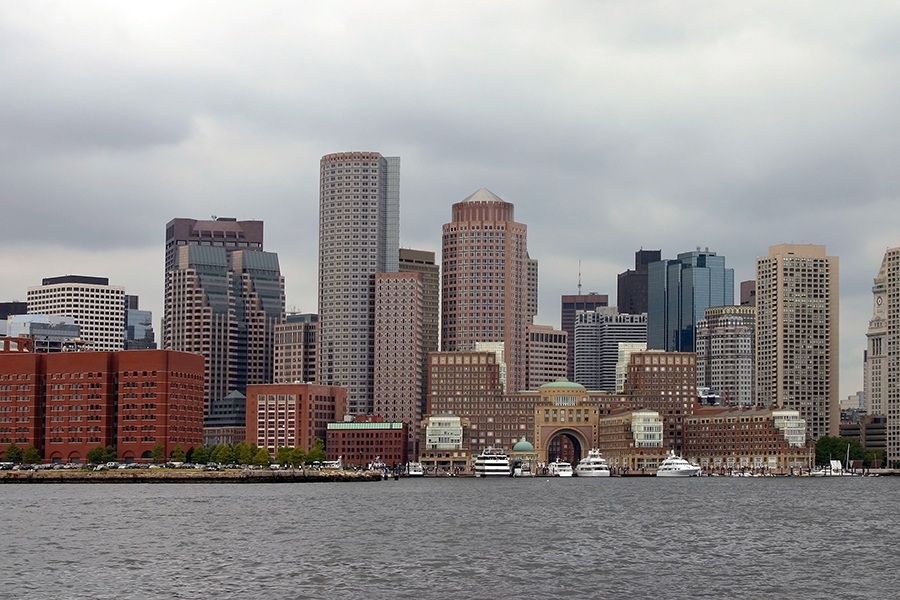Suffolk County: The “Political Intolerance” Capital of America?
So says a new study on how we view our neighbors on the opposite side of the aisle.

Photo via iStock/sdominick
Like it or not, Boston has a reputation for spurning people unlike themselves, a trait that manifests itself in forms both harmless (a tendency to mock tourists who can’t properly pronounce “Gloucester,” or hassle Yankees fans with legendary gusto) and harmful (racism). But how does our city rank when it comes to abiding political differences? According to a new report, when it comes to views on politics, we’re the most intolerant place in the nation.
The research firm PredictWise, in partnership with The Atlantic, has crunched the numbers on “political intolerance,” and found that Suffolk, home to Boston, was the county with the nation’s most partisan contempt.
Nationwide, if we disregard the smallest counties, the most politically intolerant county in America appears to be Suffolk County, Massachusetts, which includes the city of Boston. https://t.co/oVE9DF17EH
— The Atlantic (@TheAtlantic) March 4, 2019
Among other questions, participants in the nationwide study of 2,000 were asked to characterize members of the opposite party on “patriotism” and “selfishness” and to describe what they’d think if a family member married someone across that perceived enemy line. Findings were then given the Big Data analysis treatment to cover the entire country. In the end, Massachusetts and Florida scored highest for partisanship. And when researchers tallied the numbers, the most “politically intolerant” county was home sweet home: Suffolk County. Per The Atlantic:
In this part of the country, nine out of every 10 couples appear to share the same partisan leaning, according to the voter-file data. Eight out of every 10 neighborhoods are politically homogeneous. This means that people in Boston may have fewer “cross-cutting relationships,” as researchers put it. It is a very urban county with a relatively high education level. All these things tend to correlate with partisan prejudice.
If you’re thinking that has something to do with the level of racial and ethnic diversity in counties like ours, think again. “In general, the most politically intolerant Americans, according to the analysis, tend to be whiter, more highly educated, older, more urban, and more partisan themselves,” The Atlantic‘s summary of the findings reads, while people of color generally speaking “routinely encounter political disagreement” and “have more complicated views of the other side.”
It also cuts both ways. Republicans in the Democratic stronghold of Massachusetts, researchers found, scored high on “prejudice against Democrats” when compared to the rest of the country.
The question, of course, is how much that’s cause for concern. How much tolerance should people who are concerned about aggressive deportations have for those who want to see their undocumented neighbors rounded up by the thousands? If you really believe immigrants bring a scourge of violence and drugs to the country, why should you be nice to people who see fit to welcome them?
There can be consequences for this kind of us-versus-them attitude. It’s been argued, here and elsewhere, that college campuses with overwhelmingly liberal professors can fuel feelings of alienation and nudge conservative students to extreme ideological corners. Is that something we should be concerned about?
Whatever your thoughts are on those philosophical questions, it seems Bostonians are pretty OK with kicking their political opponents to the curb.

